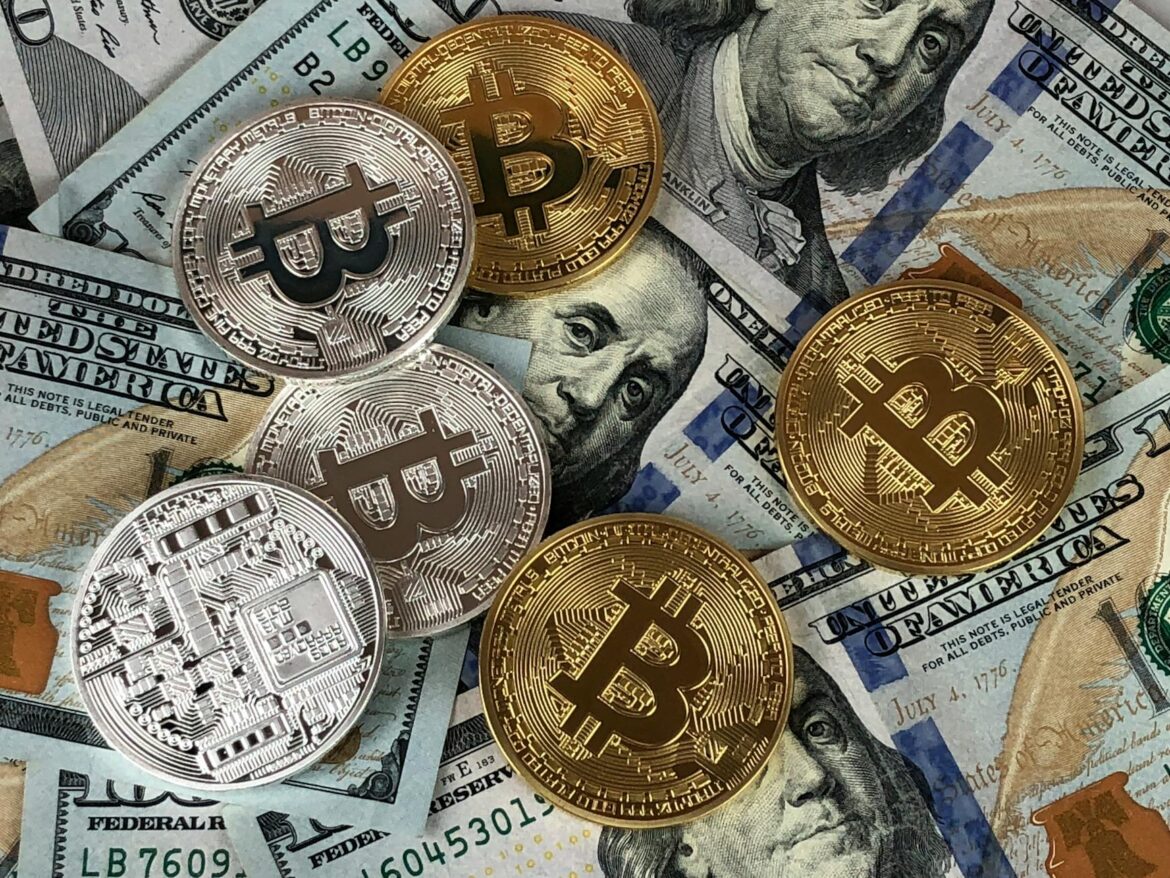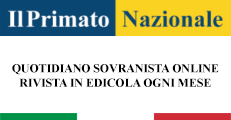In the constantly evolving crypto landscape, regulated exchanges continue to stand out as gateways between traditional finance and digital assets. One of the newest players in this space is Coinsdrom, a licensed exchange registered in Lithuania. With a streamlined focus on two of the industry’s biggest names — Bitcoin and Ethereum — the platform positions itself as a simple, direct service for users who want to buy or sell crypto with fiat currencies. Unlike multi-layered trading platforms, Coinsdrom offers a more straightforward experience: users don’t need to deposit funds in advance, which reduces both extra fees and the number of transaction steps.
First Impressions: The Main Page
Coinsdrom’s homepage sets a clear tone: crypto is the future, and this exchange wants to make access easier. Users are guided through three initial steps — sign up, complete verification, and start exchanging without limits.
The emphasis here is on speed, transparency, and accessibility, whether for beginners entering crypto for the first time or experienced users looking for a clean, no-frills service.
Compliance and Security at the Core
Regulation is at the heart of Coinsdrom’s model. The exchange applies mandatory KYC (Know Your Customer) and AML (Anti-Money Laundering) checks across all profiles, ensuring alignment with European financial standards. Security is presented as a cornerstone: data is encrypted, a multi-layered protocol shields transactions, and compliance is framed not only as a regulatory necessity but as part of the user-protection mission.
The platform breaks down its verification process into three levels, depending on transaction volume, ranging from basic ID checks to advanced requirements like source of funds evidence and live video calls. This layered approach reflects the growing trend among regulated exchanges in Europe to tighten checks while still offering scalability for different user needs.
About Us: The Exchange’s Self-Image
On its “About Us” page, Coinsdrom describes itself as revolutionary, open-minded, and reliable — three qualities it aims to anchor in practice. Its stated mission is to become a leader in the European market by keeping the crypto exchange efficient and secure.
The page highlights several values: transparency in pricing, a user-friendly interface, strict consistency in obligations, and team spirit. In tone, the message is clear: this is an exchange built around compliance and accessibility rather than speculation or complexity.
Help Desk, Support, and Tutorials
User support is another area the exchange emphasizes. A dedicated Help Desk allows customers to submit tickets, track requests, and access FAQs. Video tutorials supplement the onboarding process, while the exchange also provides 24/7 customer support via phone and email. In practice, this aligns with its self-positioning as a community-oriented service provider.
Educational Content: The Blog
Coinsdrom also runs a regularly updated blog, where contributors discuss industry developments ranging from DeFi 2.0 to AI’s role in crypto. Articles cover regulatory changes, adoption trends, and other thought-leadership topics. While clearly part of its content strategy, the blog gives the exchange an additional voice within the broader crypto conversation — something that strengthens its credibility as a regulated service provider.
Coinsdrom positions itself differently from many global exchanges. Rather than pushing trading tools, leverage products, or complex order books, it focuses on direct crypto exchange with fiat, a strong compliance framework, and accessible onboarding. For users who prioritize regulation, simplicity, and transparency, this exchange fits the profile of a European service built for trust and efficiency.
As crypto adoption grows and compliance demands rise, platforms like Coinsdrom may represent the middle ground between user-friendly fiat access and institutional-level regulatory standards. While its current offering is streamlined to BTC and ETH, the foundation suggests room for growth — both in assets supported and in its role within Europe’s regulated crypto market.


